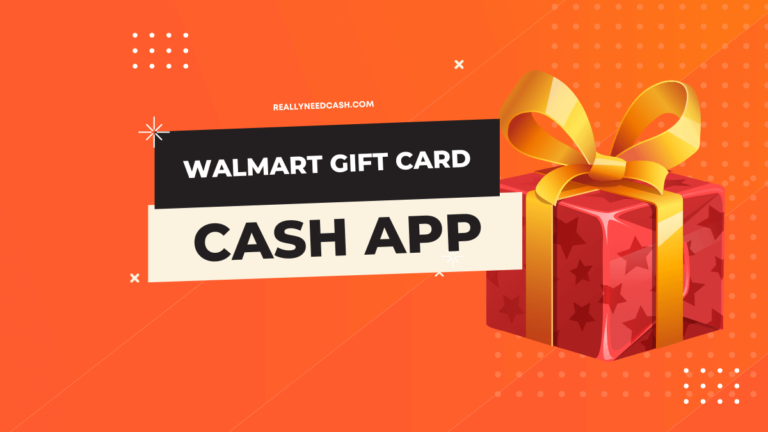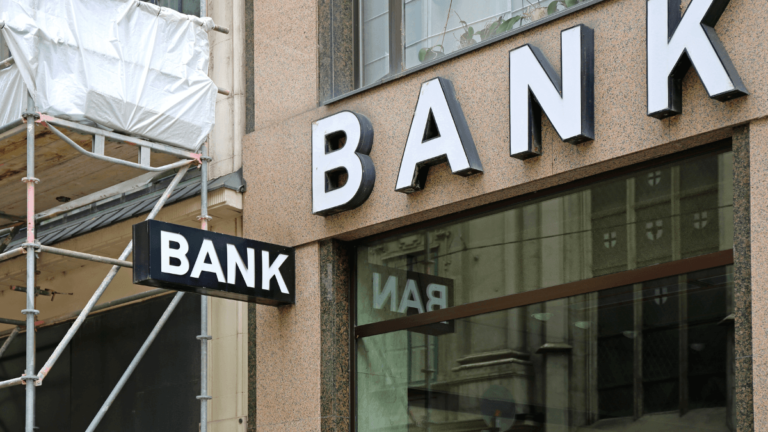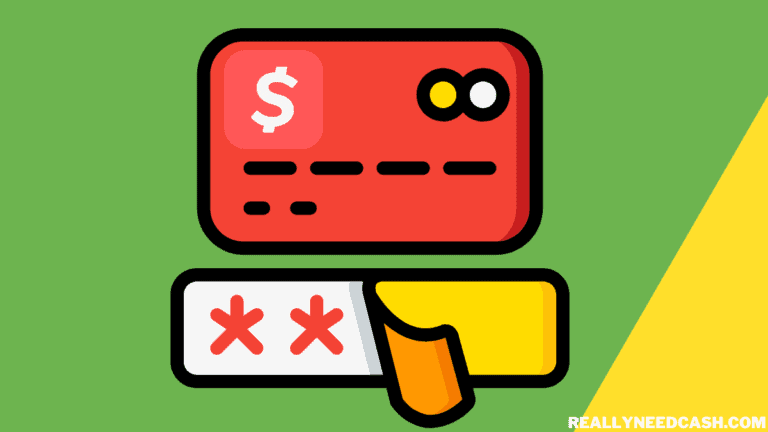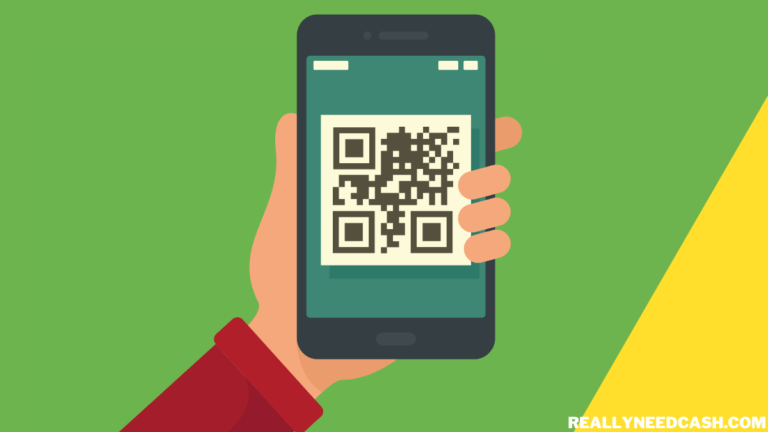Cash App Bank Overview
Cash App is not a traditional bank; it partners with other banks to provide financial services. Understanding these partnerships helps clarify how Cash App operates and protects your funds.
Partner Banks and Cash App
Cash App operates through two main partner banks: Sutton Bank and Lincoln Savings Bank. These banks enable Cash App to offer several features, including the Cash Card and direct deposit services.
Sutton Bank issues the Cash Card, which allows users to make transactions directly from their Cash App balance. This card is linked to a Visa network, making it widely accepted.
Lincoln Savings Bank works to provide FDIC insurance on Cash App balances up to $250,000. This insurance offers peace of mind, protecting deposits in case of bank failures. Together, these banks ensure users can access a range of services while keeping their money safe and secure.
Role of Sutton Bank and Lincoln Savings Bank
Sutton Bank plays a crucial role in Cash App’s functionality. By issuing the Cash Card, it allows users to spend their Cash App balance anywhere Visa is accepted. Additionally, Sutton Bank handles features like withdrawals from ATMs and the ability to receive direct deposits.
Lincoln Savings Bank, on the other hand, ensures that funds within Cash App are protected. As a FDIC-insured institution, it safeguards users’ money up to the insured limit. This partnership provides a reassuring layer of security for cash held within the app.
Both banks complement Cash App’s mission as a financial services platform, providing modern solutions while adhering to traditional banking rules and regulations.
Banking Features Through Cash App
Cash App offers a variety of banking features that make managing money easy. Users can benefit from direct deposit, seamless money transfers, investment options, and robust security measures. Let’s explore these important aspects.
Direct Deposit and Account Numbers
Cash App allows users to set up direct deposit for their paychecks, tax refunds, and other payments. This feature means I can receive money straight into my Cash App account up to two days early.
To use direct deposit, I need an account and routing number, which Cash App provides. These numbers are linked to my Cash App balance, similar to a traditional bank account.
This flexibility helps me manage my funds without needing a separate bank. I can easily keep track of my income and spend directly from my Cash App balance.
Money Transfer Services
With Cash App, sending and receiving money is simple and instant. I can easily transfer money to friends or family using just their username or phone number. This is great for splitting bills or repaying a friend.
Cash App also allows for instant transfers to my bank account for a fee. If I prefer, I can wait for the standard transfer, which is free but takes a bit longer.
The app supports various payment methods, including credit and debit cards. This makes Cash App a versatile option for my financial transactions.
Investing with Cash App
Cash App even has features for investing. I can buy and sell stocks, as well as trade Bitcoin directly from the app. This is beneficial for someone like me, who wants to manage everything in one place.
Cash App Investing LLC allows me to invest in stocks with no commission fees. This makes it accessible to those just starting with investing.
Additionally, I can use my Cash App balance to invest. This flexibility lets me manage savings and investments without needing multiple accounts.
Security Measures
Security is a top priority when it comes to managing finances. Cash App offers advanced security features, such as two-factor authentication. This adds an extra layer of protection for my account.
My funds are insured by the FDIC through partner banks, which means my Cash App balance is secure up to $250,000. This is essential for peace of mind as I manage my money.
Cash App also has customizable security settings. I can set up a PIN or enable touch ID for secure access to my account. This control empowers me to protect my personal information effectively.
Cash App’s Debit Card and ATM Use
Cash App offers an easy-to-use debit card that provides quick access to funds, along with convenient options for ATM withdrawals. It’s essential to know how the card works and the fees associated with using ATMs to manage your finances effectively.
Cash App Visa Debit Card Features
The Cash App Visa Debit Card, known as the Cash Card, is designed to make transactions simple. You can use the Cash Card for purchases at retailers and online, wherever Visa is accepted.
Key features include:
- Customization: Users can personalize their Cash Card with designs and colors.
- Instant Transfers: Funds can be transferred instantly between Cash App users.
- Security: The card includes built-in encryption and fraud detection to protect your funds.
- FDIC Insurance: Money in your Cash App is insured up to $250,000 through partner banks like Lincoln Savings Bank.
You can easily view your account and routing numbers in the app, which is crucial for setting up direct deposits.
ATM Withdrawals and Fees
Using your Cash Card at ATMs is straightforward, but there are fees to consider. A typical withdrawal incurs a $2.50 fee.
Here’s how it works:
- In-Network Withdrawals: If you receive at least $300 in direct deposits monthly, you can enjoy unlimited free withdrawals at in-network ATMs.
- Out-of-Network Withdrawals: For out-of-network ATMs, you’ll have to pay the $2.50 fee and any fees set by the ATM operator.
- Instant Reimbursements: The Cash App now offers one reimbursed out-of-network withdrawal each month if you meet the direct deposit requirement.
This information helps ensure I use my Cash Card effectively while managing ATM costs.
Frequently Asked Questions
I often get questions about the bank relationships associated with Cash App. This section addresses key inquiries, including information about the banks that provide services and how their systems work.
Which financial institution partners with Cash App for banking services?
Cash App partners with two banks: Lincoln Savings Bank and Sutton Bank. These institutions handle various banking features for Cash App users, like direct deposits and card services.
How does direct deposit work with Cash App’s affiliated bank?
Direct deposit to Cash App allows users to receive paychecks or other payments directly into their Cash App balance. With the appropriate account and routing number linked to Lincoln Savings Bank, users can enjoy a seamless deposit process.
Does Lincoln Savings Bank have an association with Cash App?
Yes, Lincoln Savings Bank is one of the primary banking institutions for Cash App. It facilitates direct deposits, helping users manage their funds more effectively.
In what way is Sutton Bank connected to Cash App?
Sutton Bank provides banking services linked to Cash App’s debit card. It issues physical cards and ensures secure transactions, making it easier for users to access their funds.
What is the name of the bank associated with Cash App for Plaid verification?
The bank associated with Cash App for Plaid verification is Lincoln Savings Bank. Plaid helps link your Cash App account to other apps, allowing for easier money management.
Who is the parent company or banking entity behind Cash App?
The parent company behind Cash App is Square, Inc., now known as Block, Inc.. This fintech company developed Cash App, making it a significant player in mobile banking and peer-to-peer payment systems.





